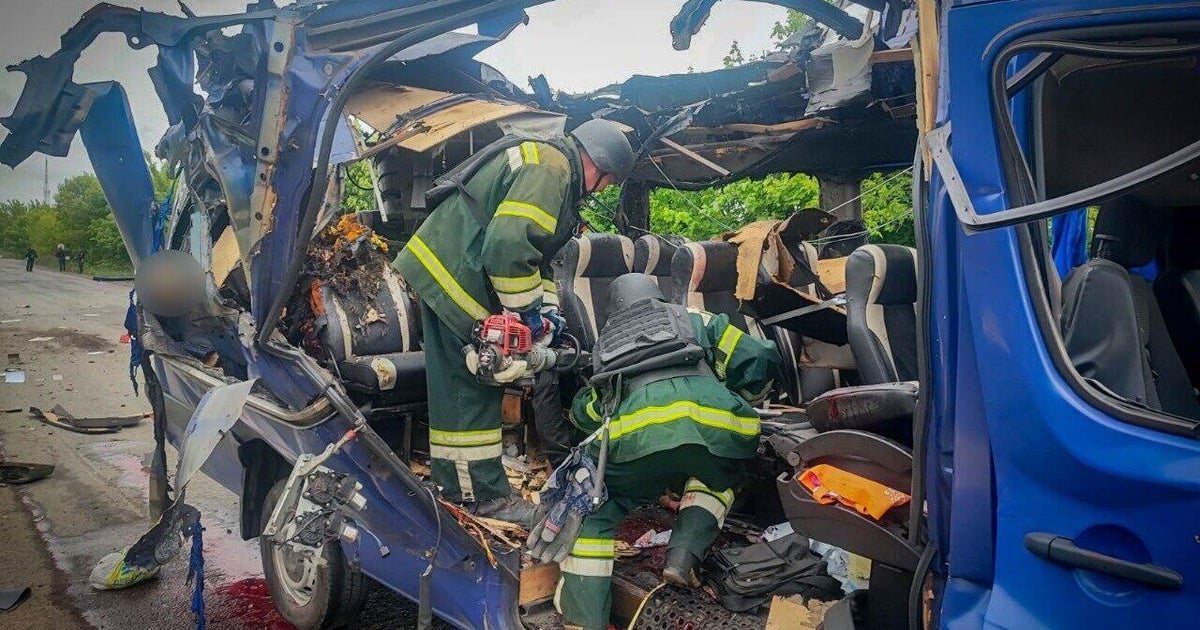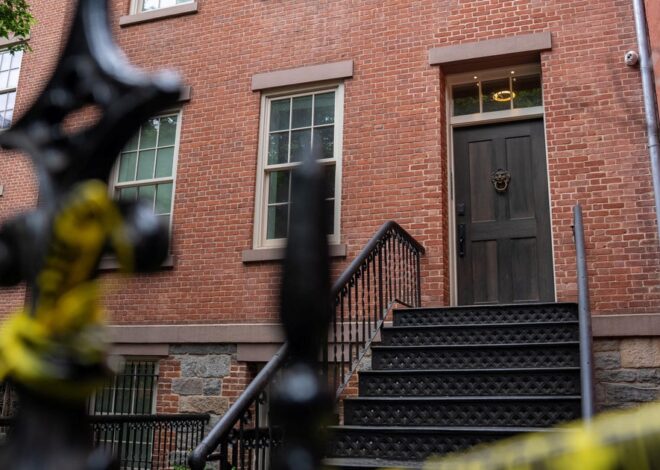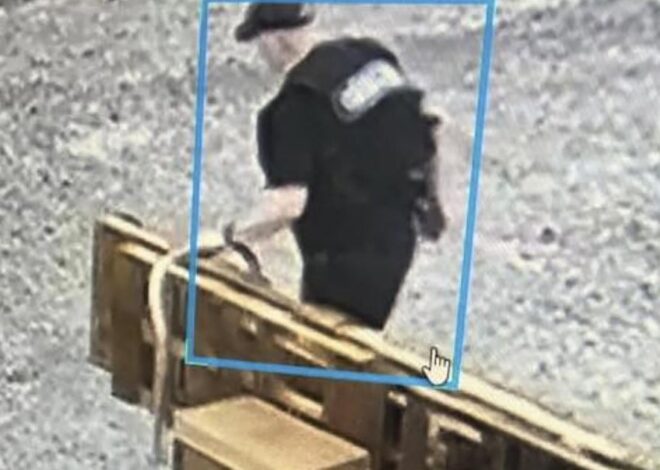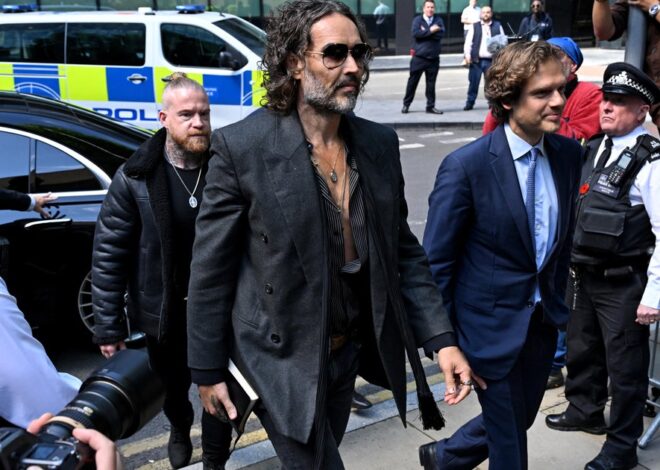
Ongoing Russian Drone Attacks in Ukraine Prompt Renewed Vatican Offer for Assistance
Unfolding Tensions and Strikes Amid Stalled Peace Talks
As I was catching up on some news over my afternoon coffee, a friend messaged me: “It feels surreal – like a scene from a tense political drama.” I couldn’t help but dive deeper into the headlines. Russian drone strikes have tragically continued in Ukraine, claiming nine lives, as officials reported. Meanwhile, the Vatican has yet again stepped forward, hoping to mediate between the opposing sides.
Recent attempts for peace have been rocky, to say the least. Just hours after the Vatican renewed its offer, Russian and Ukrainian officials gathered in Istanbul for what was supposed to be a promising meeting. Yet, the dialogue fizzled out within a mere two hours, leaving everyone involved at a loss. Moscow and Kyiv, once again, seemed miles apart on the terms necessary to bring about peace. The absence of Putin was a no-show only added to the disappointment.
Saturday brought its own wave of announcements, with former President Trump chiming in on social media. He hinted at his plan to chat with Putin come Monday, and he boldly declared: “The subjects of the call will be, stopping the ‘bloodbath’ that is killing, on average, more than 5000 Russian and Ukrainian soldiers a week, and trade.” Sounds ambitious, doesn’t it? He also mentioned plans to engage with President Zelenskyy and NATO leaders afterward. Whether this will lead to any tangible progress, only time will tell.
The backdrop to all this is grim. The face-to-face meeting in Istanbul marked the first such direct interaction since Moscow’s February 2022 full-scale invasion of Ukraine. Zelenskyy reportedly debriefed leaders from the U.S., France, Germany, Britain, and Poland. The echoes of missed opportunities from these talks seem to resonate loudly.
In the northeastern Sumy region, a Russian drone hit a bus evacuating civilians, resulting in the deaths of nine people. Seven more were injured in the attack near Bilopillia, just a stone’s throw from Russia’s border. It’s these heartbreaking stories that keep the urgency of peace talks at the forefront.
Describing the incident as a “deliberate killing of civilians,” Zelenskyy expressed frustration over the Istanbul talks’ failure. “Ukraine has long proposed this – a full and unconditional ceasefire in order to save lives,” he remarked. “Russia only retains the ability to continue killing.”
Amidst these tensions, the Vatican, through Cardinal Pietro Parolin, reiterated its willingness to host peace talks. The Vatican’s consistent offer as a mediator is seen as tragic by many, given the lack of progress. U.S. Secretary of State Marco Rubio, present in Rome, discussed with Cardinal Matteo Zuppi the Vatican’s potential role. “I wouldn’t call it broker, but it’s certainly a place that both sides would be comfortable going,” Rubio remarked, hinting at possibilities yet to be explored.
There’s also a new face at the helm of the Vatican’s peace efforts – Pope Leo XIV, history’s first American pope. He has ardently continued the push for peace, echoing calls for “an authentic, just and lasting peace.” His past as a bishop in Peru paints him as a passionate advocate against what he termed Russia’s “imperialist invasion.”
The world watches as Leo, fresh in his role, takes on a monumental challenge. As he appeals to both sides, his hope is palpable: “The Holy See is always ready to help bring enemies together, face to face, to talk to one another, so that peoples everywhere may once more find hope and recover the dignity they deserve, the dignity of peace.”
As the situation evolves, many are left wondering if these efforts will make any difference. If history is any guide, perhaps the resolve of individuals like Leo and institutions like the Vatican will eventually light the way to peace. Until then, the world waits and watches, hoping for a breakthrough that could change the course of history.
Read more on this complex situation at BBC News.



